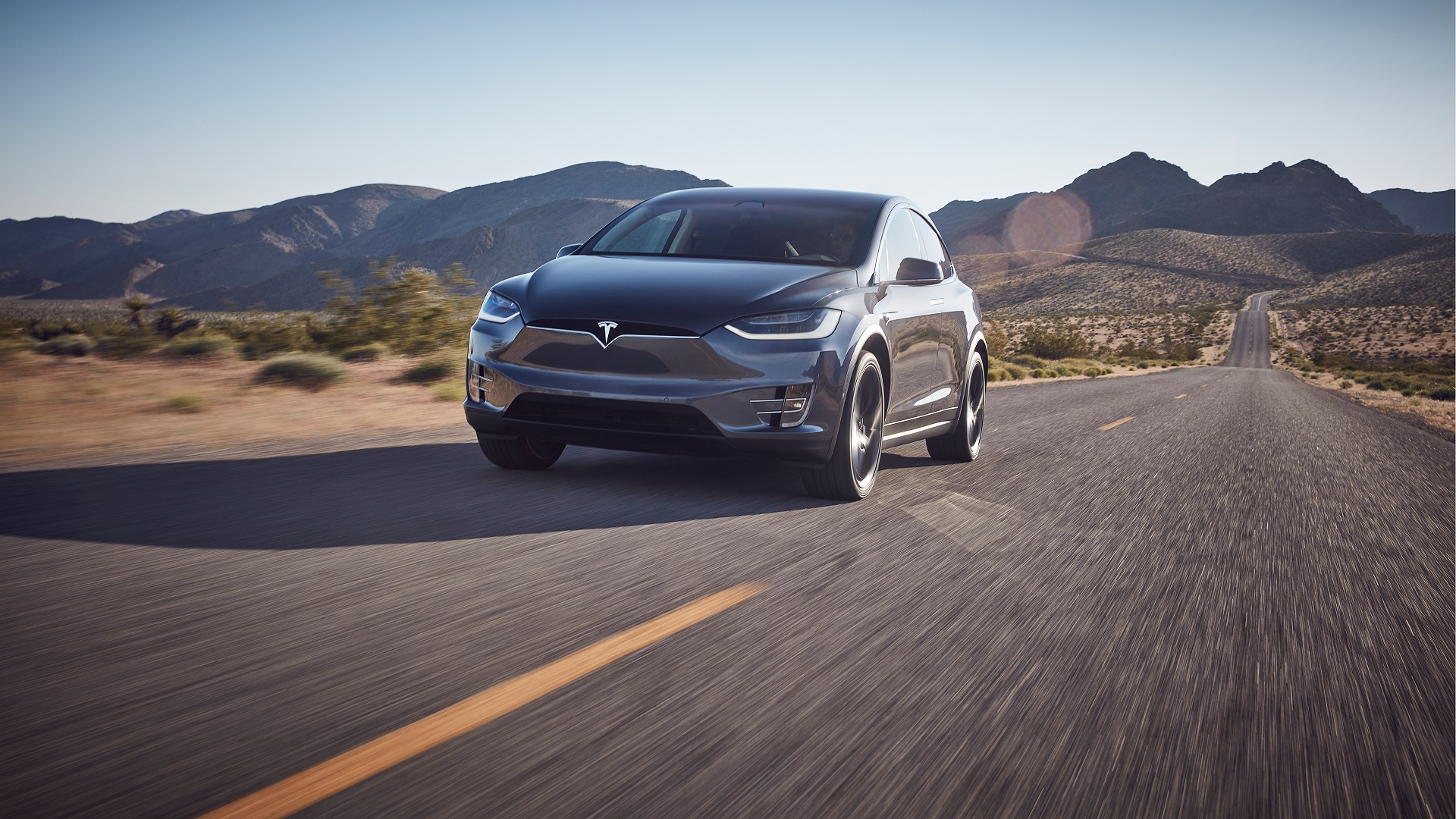

Last fall, Tesla CEO Elon Musk announced that cars equipped with the company’s “Hardware 2” sensor suite would be capable of fully-autonomous driving with future software updates. But some Tesla employees were skeptical of that claim, according to a new report by The Wall Street Journal.
The report describes significant internal resistance to Musk’s ambitious goals for the technology. Disagreement about deadlines and “design and marketing decisions” has caused friction within Tesla, according to the WSJ report, which also implies that it has led to several employee resignations from the team working on Autopilot, the driver-assist system Tesla plans to use a stepping stone to fully-autonomous driving.
According to the report, the Autopilot team “has lost at least 10 engineers and four top managers” in recent months. That included the director of the Autopilot team, who left in June after less than six months in the job, according to the WSJ. Tesla told the paper that it has simply been losing engineers to other tech companies in a competitive job market.
A similar situation existed when Autopilot launched in October 2015, the report said. A week before the launch, Evan Nakano, an engineer working on the system, warned that it wasn’t ready. In a subsequent resignation letter, Nakano wrote about “reckless decision making that has potentially put customer lives at risk,” according to the WSJ.
Since the launch of Autopilot, Tesla has been fairly upfront about the limitations of the system. At the 2015 launch, Musk advised that the system should only be used on highways with clear lane markings, in good weather. After a fatal crash in May 2016, Tesla added safeguards to ensure drivers were using the system properly. The system will now disengage if the driver takes their hands off the wheel for too long.
But there is a big gap between the current Autopilot system and fully-autonomous driving, one Musk hopes to bridge with essentially the same hardware. While other companies integrate lidar with their self-driving cars, Musk has insisted that cameras and radar alone can do the job. The Tesla website mentions future autonomous driving capability, but with a disclaimer that “self-driving functionality is dependent on upon extensive software validation and regulatory approval, which may vary widely by jurisdiction.”
While multiple automakers promise self-driving cars in the near future, Tesla is among the most ambitious. Saying that cars on the road today can be made autonomous with software updates is a bold claim. It’s not surprising that this claim has attracted skepticism, both inside and outside the company.